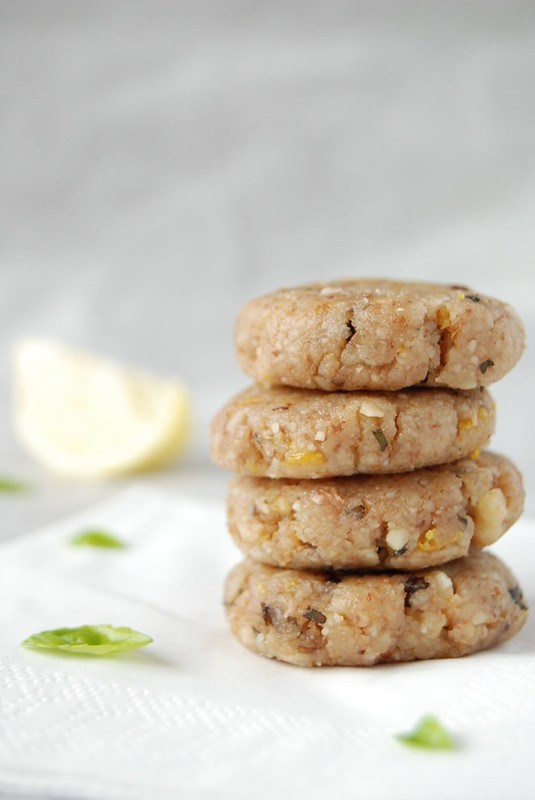When You’re Homesick

I watched the back of the van disappear into a cloud of winter’s leftover dust, carrying away my fiance and his extended family back to Austria where he was working, and burst into tears, the kind with great gasping sobs.
I had been living for a few months in Slovakia. Winter is not Bratislava’s finest season, grey skies, grey streets, grey buildings. I was teaching English at different companies, and so had limited contact with other people on a regular basis other than my students, to many of whom this timid inexperienced girl was not nearly exciting as the gregarious loud fun experienced man I had taken over classes from. After the disaster of my first living arrangements, I was living with a kind but largely absent woman.
In short I was lonely, hated the city, and felt incompetent at my job. Oh, and didn’t yet speak the language of the land. I missed my mountains, being able to ask for a product at the store without acting it out, and my family.
The thing about homesickness is that, in most cases, it is our own choices that have brought us to that point. We’ve moved away to another country or a.cross country, away from the life and people we know. Perhaps it doesn’t seem so permanent when making those choices, or we’re caught up in the excitement of the moment. Click to continue reading

 For the last month I’ve been busy reading 21 books in English about Slovakia –
For the last month I’ve been busy reading 21 books in English about Slovakia – 







